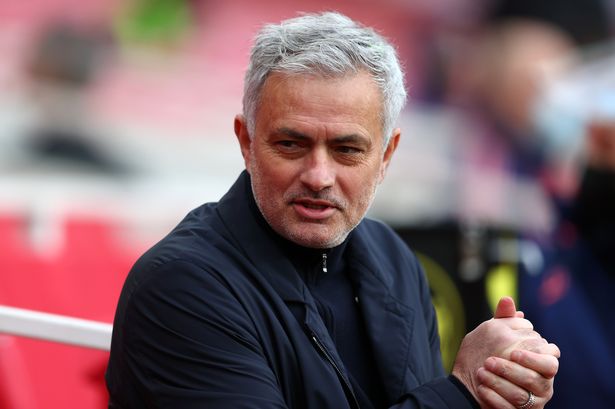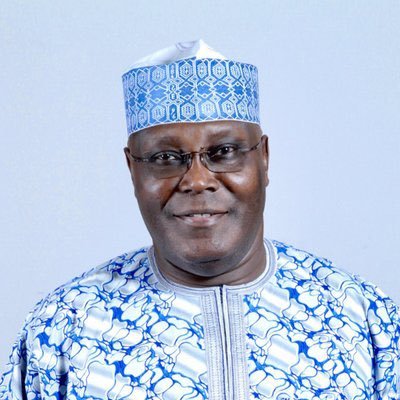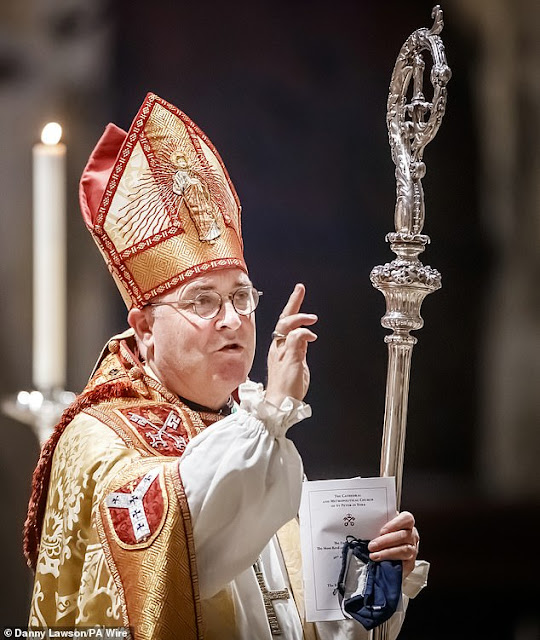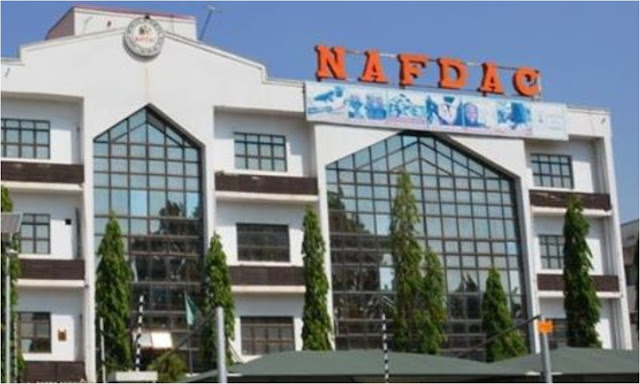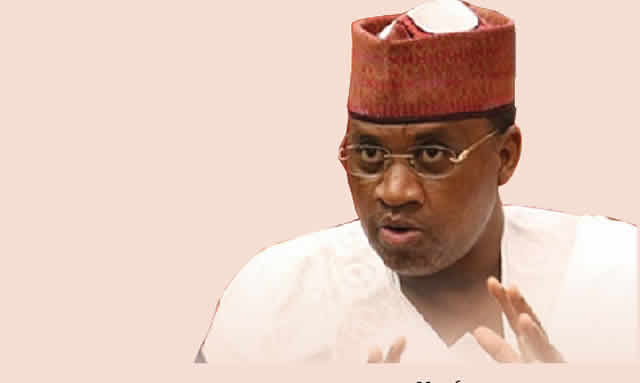On Friday, August 29, 2025, Turkish football giants Fenerbahce announced that Jose Mourinho, one of the most iconic and polarizing managers in modern football, had parted ways with the club after just over a year in charge. The decision came as a shock to many, arriving just two days after Fenerbahce’s elimination from the UEFA Champions League play-offs at the hands of Portuguese side Benfica. The club’s brief statement confirmed the mutual termination of Mourinho’s contract, expressing gratitude for his efforts and wishing him success in his future endeavors. However, the Portuguese tactician’s tenure in Istanbul was anything but straightforward, marked by controversy, bold statements, and a failure to deliver the silverware that Fenerbahce fans so desperately craved.
Mourinho, a 62-year-old managerial titan who has coached 10 clubs across Europe—including storied institutions like Chelsea, Manchester United, Inter Milan, Real Madrid, and Tottenham Hotspur—leaves behind a legacy of both brilliance and turbulence. His time at Fenerbahce saw the team finish second in the Turkish Süper Lig in the 2024/25 season, but his stint was overshadowed by off-field disputes, including allegations of racist remarks, criticism of officiating, and disciplinary issues. This article delves into the details of Mourinho’s departure, his impact at Fenerbahce, the controversies that defined his tenure, and the broader context of his storied career, which includes two UEFA Champions League titles, a Europa League crown, and a reputation as one of football’s most enigmatic figures.
The Announcement: A Sudden Exit
Fenerbahce’s statement, released on Friday morning, was characteristically concise: “Our Professional Football First Team’s technical director, Jose Mourinho, who has been carrying out his duties starting from the 2024-2025 season, has parted ways with us. We thank him for his efforts for our team until today and wish him success in his future career.” The announcement came as a surprise to many, given that Mourinho had spoken optimistically about Fenerbahce’s prospects in the UEFA Europa League just days earlier, following their Champions League exit. Reports suggest that tensions with the club’s board, particularly over transfer strategy, and a controversial remark about not knowing a prominent club vice-president, may have contributed to the decision.
The timing of Mourinho’s departure—two games into the 2025/26 Süper Lig season and immediately after the Benfica defeat—underscores the high-pressure environment of Turkish football. Fenerbahce, one of Turkey’s most successful clubs, have not won the Süper Lig since 2014, a drought that has intensified scrutiny on managers and players alike. The loss to Benfica, which relegated Fenerbahce to the Europa League, was the final straw for a club desperate to return to Europe’s elite competition. Despite guiding the team to a second-place finish in the league last season, Mourinho’s inability to secure the title or progress in the Champions League ultimately sealed his fate.
A Tenure Marked by Controversy
Mourinho’s time at Fenerbahce was a rollercoaster of drama, a hallmark of his managerial career. From the moment he arrived in Istanbul in June 2024, following a three-year stint at AS Roma where he won the inaugural UEFA Europa Conference League in 2022, expectations were sky-high. Dubbed “The Special One” since his early days at Chelsea, Mourinho brought his trademark charisma, tactical acumen, and media savvy to a club hungry for success. However, his tenure was punctuated by controversies that often overshadowed his on-field achievements.
One of the most significant flashpoints came in February 2025, during a heated 0-0 draw against arch-rivals Galatasaray. Following the match, Galatasaray announced their intention to “initiate criminal proceedings” against Mourinho, accusing him of making “racist statements.” The allegations stemmed from Mourinho’s post-match comments praising the performance of Slovenian referee Slavko Vinčić, who officiated the game, and emphasizing that the referee was not Turkish. “The performance of the referee was a top performance,” Mourinho said. “Anyone, not just from this country but also abroad, watched a big football match. I think the man responsible for that was the referee.” He also made a remark about an incident involving his young defender Yusuf Akcicek, stating, “Again, I have to thank the referee because with a Turkish referee after the big dive and the first minute and their bench jumping like monkeys on top of the kids, a Turkish referee would have [given Akcicek] a yellow card after one minute.”
Galatasaray’s statement condemned Mourinho’s remarks as “unequivocally inhumane rhetoric” and accused him of persistently issuing derogatory statements about Turkish people. Mourinho vehemently denied the allegations, asserting that he is “the opposite” of racist, and responded by filing a lawsuit against Galatasaray, seeking damages of 1,907,000 Turkish Lira (approximately £41,000). The legal battle added fuel to the already intense rivalry between Fenerbahce and Galatasaray, further polarizing fans and media in Turkey.
Mourinho’s criticism of officiating was a recurring theme during his time in Istanbul. He frequently voiced his frustration with the standard of refereeing in the Süper Lig, describing the environment around referees as “toxic” and suggesting bias against his team. His outspokenness led to a four-match ban after the Galatasaray draw, though this was later reduced to two matches. In April 2025, Mourinho received a three-match suspension for pinching the nose of Galatasaray manager Okan Buruk during a touchline altercation following Fenerbahce’s 2-1 defeat in the Turkish Cup quarter-finals. These incidents cemented Mourinho’s reputation as a provocateur, a trait that has defined much of his career but often alienated opponents and officials.
On-Field Performance: Success and Shortcomings
Despite the off-field drama, Mourinho’s tenure at Fenerbahce was not without merit. In his only full season with the club, he guided Fenerbahce to a second-place finish in the 2024/25 Süper Lig, finishing nine points behind champions Galatasaray. The team played an attractive brand of football at times, with veterans like 38-year-old Edin Dzeko and former Manchester United midfielder Fred contributing significantly. However, the failure to end Fenerbahce’s 11-year title drought was a major disappointment for a club with such high expectations.
In European competitions, Mourinho’s record was mixed. Fenerbahce reached the Europa League round of 16, where they were set to face Rangers, but their elimination from the Champions League play-offs by Benfica was a significant blow. The defeat, which came just days before his sacking, highlighted the gap between Fenerbahce and Europe’s elite clubs. Mourinho’s frustration with UEFA was evident after a 1-1 Europa League draw with Manchester United in October 2024, where he was sent off for protesting a refereeing decision. In a post-match rant, he expressed a desire to manage “a team at the bottom of the table in England” to avoid UEFA competitions, a comment that hinted at his growing disillusionment with European football’s governing body.
Mourinho’s tactical approach at Fenerbahce was consistent with his career-long philosophy: a focus on defensive solidity, pragmatic game management, and leveraging the individual quality of key players. However, critics noted that his squad lacked the star power he enjoyed at clubs like Chelsea, Inter Milan, and Real Madrid, with players like Didier Drogba, Wesley Sneijder, and Sergio Ramos. The absence of such talismanic figures, combined with the intense pressure of Turkish football, made it challenging for Mourinho to replicate his past successes.
A Storied Career: The Special One’s Legacy
Jose Mourinho’s departure from Fenerbahce marks the latest chapter in a remarkable career that has spanned over two decades and 10 clubs across Portugal, England, Italy, Spain, and Turkey. Born on January 26, 1963, in Setúbal, Portugal, Mourinho rose from humble beginnings as an interpreter for Bobby Robson at Sporting CP and Porto to become one of the most successful managers in football history. His self-proclaimed nickname, “The Special One,” coined during his first press conference at Chelsea in 2004, has become synonymous with his larger-than-life personality and trophy-laden resume.
Mourinho’s early success came at Porto, where he won the UEFA Cup in 2003 and the UEFA Champions League in 2004, defeating Monaco 3-0 in the final. His triumph with Porto, a club not considered among Europe’s elite, showcased his ability to achieve extraordinary results with limited resources. The victory propelled him to Chelsea, where he transformed the club into a Premier League powerhouse, winning two league titles, an FA Cup, and two League Cups between 2004 and 2007. His bold tactics, charismatic media presence, and ability to foster a siege mentality among his players made him a household name.
In 2008, Mourinho joined Inter Milan, where he achieved the pinnacle of his career: a historic treble in the 2009/10 season, winning Serie A, the Coppa Italia, and the UEFA Champions League. The Champions League triumph, secured with a 2-0 victory over Bayern Munich, was particularly significant, as it marked the first time an Italian club had achieved the treble. Former Inter captain Javier Zanetti later spoke of the “family” atmosphere Mourinho created, highlighting his exceptional man-management skills during this period.
Mourinho’s subsequent spells at Real Madrid (2010–2013), Chelsea (2013–2015), Manchester United (2016–2018), Tottenham Hotspur (2019–2021), and Roma (2021–2024) were a mix of triumphs and challenges. At Real Madrid, he won La Liga in 2012, outpacing Pep Guardiola’s Barcelona, but his tenure was marred by conflicts with players and media. His second stint at Chelsea yielded another Premier League title in 2015, but he was sacked later that year amid poor results. At Manchester United, he won the Europa League and EFL Cup in 2017, defeating Ajax 2-0 in the Europa League final, but his time at the club ended in acrimony, with high-profile disputes involving players like Paul Pogba.
Mourinho’s tenure at Roma was a return to form, as he led the club to the Europa Conference League title in 2022, their first European trophy, and reached the Europa League final in 2023, losing to Sevilla on penalties. However, his departure from Roma in January 2024, with the team in ninth place in Serie A, highlighted the challenges of his later career, where his intense personality and tactical rigidity sometimes clashed with modern football’s demands.
The Controversies: A Double-Edged Sword
Mourinho’s career has always been defined by controversy as much as success. His outspoken nature, willingness to challenge authority, and knack for generating headlines have made him a polarizing figure. In Turkey, his criticism of referees and clashes with rivals like Galatasaray were consistent with his reputation as a provocateur. His remarks about officiating, while often rooted in genuine frustration, frequently led to disciplinary action, including bans and fines. The racism allegations from Galatasaray were particularly damaging, though Mourinho’s swift denial and legal action demonstrated his determination to defend his character.
Mourinho’s ability to create an “us vs. them” mentality has been both a strength and a weakness. At clubs like Porto, Chelsea, and Inter, it galvanized teams and fans, fostering a sense of unity and resilience. However, at Fenerbahce, it often alienated opponents and officials, contributing to a toxic atmosphere that hindered the club’s progress. His comments about wanting to manage a lower-table English club to avoid UEFA competitions reflected a growing frustration with the modern game, where financial disparities and administrative decisions often overshadow on-field performance.
The Turkish Football Context
Mourinho’s time at Fenerbahce must be understood within the unique context of Turkish football, where passion, rivalry, and pressure are amplified to extraordinary levels. The Intercontinental Derby between Fenerbahce and Galatasaray is one of the most intense rivalries in world football, often accompanied by off-field drama, including riots and clashes. Mourinho’s involvement in this cauldron of emotion was always likely to generate headlines, and his provocative style only heightened the tension.
Fenerbahce’s failure to win the Süper Lig since 2014 has placed immense pressure on managers to deliver immediate success. Mourinho’s second-place finish in 2024/25, while respectable, fell short of the expectations of a fanbase desperate for glory. The club’s elimination from the Champions League, a competition where Mourinho has historically excelled, was a bitter pill to swallow, particularly given the financial and prestige implications of missing out on Europe’s premier tournament.
What’s Next for Mourinho?
Mourinho’s departure from Fenerbahce leaves him at a crossroads in his career. At 62, he remains one of football’s most recognizable figures, with a trophy cabinet that includes eight league titles, two Champions League crowns, a Europa League, a Europa Conference League, and numerous domestic cups. However, his recent stints at Tottenham, Roma, and Fenerbahce suggest that his magic touch may be waning in an era dominated by younger, more progressive managers like Pep Guardiola, Jürgen Klopp, and Mikel Arteta.
Speculation about Mourinho’s next move is already rife. His comments about wanting to manage a lower-table English club have fueled rumors of a return to the Premier League, where he has previously managed Chelsea, Manchester United, and Tottenham. Clubs like Newcastle United, West Ham, or even a struggling side like Everton could be potential destinations, though Mourinho’s preference for a club outside UEFA competitions may limit his options. Alternatively, a move to a new league, such as Saudi Arabia’s Pro League, or a national team role could appeal to a manager seeking a fresh challenge.
Mourinho’s legacy, however, is secure. His achievements at Porto and Inter Milan—winning the Champions League with underdog teams—remain among the most remarkable in modern football. His ability to build strong team cultures, as evidenced by Zanetti’s comments about Inter, and his knack for delivering results in high-pressure environments have earned him a place among the game’s greats. Yet, his confrontational style and struggles to adapt to the modern game’s emphasis on youth development and high-pressing systems have raised questions about his relevance in today’s football landscape.
The Bigger Picture: Mourinho’s Impact on Football
Mourinho’s departure from Fenerbahce is not just the end of a chapter for one club but a moment to reflect on his broader impact on football. His tactical innovations, such as the 4-2-3-1 formation he popularized at Chelsea and Inter, have influenced a generation of managers. His ability to generate loyalty from players, as seen with figures like Didier Drogba, John Terry, and Marco Materazzi, is unmatched. His media presence, with memorable press conference moments like “I am a special one” and “Respect, respect, respect” at Manchester United, has made him a cultural icon beyond the pitch.
However, Mourinho’s career also highlights the challenges of sustaining success in an ever-evolving sport. The “third-season syndrome” that has plagued his tenures—where his teams often collapse after two successful seasons—reflects the intensity of his methods, which can lead to burnout among players and staff. His reluctance to embrace modern trends, such as data-driven recruitment and youth development, has put him at odds with the direction of clubs like Tottenham and Roma.
Conclusion
Jose Mourinho’s exit from Fenerbahce after just over a year marks the end of a turbulent but captivating chapter in his storied career. His time in Istanbul was defined by moments of brilliance, controversy, and unfulfilled potential, encapsulating the highs and lows that have characterized his journey as a manager. From the racism allegations and refereeing disputes to the Champions League disappointment, Mourinho’s tenure was a microcosm of his larger-than-life persona.
As he moves on to his next challenge, the football world will watch with bated breath to see where “The Special One” lands. Whether he returns to the Premier League, ventures into a new league, or takes a break from management, Mourinho’s legacy as one of the game’s greatest tacticians and personalities is undeniable. For Fenerbahce, the search for a new manager begins, but the echoes of Mourinho’s time in Turkey—his passion, his provocations, and his pursuit of glory—will linger long after his departure.


